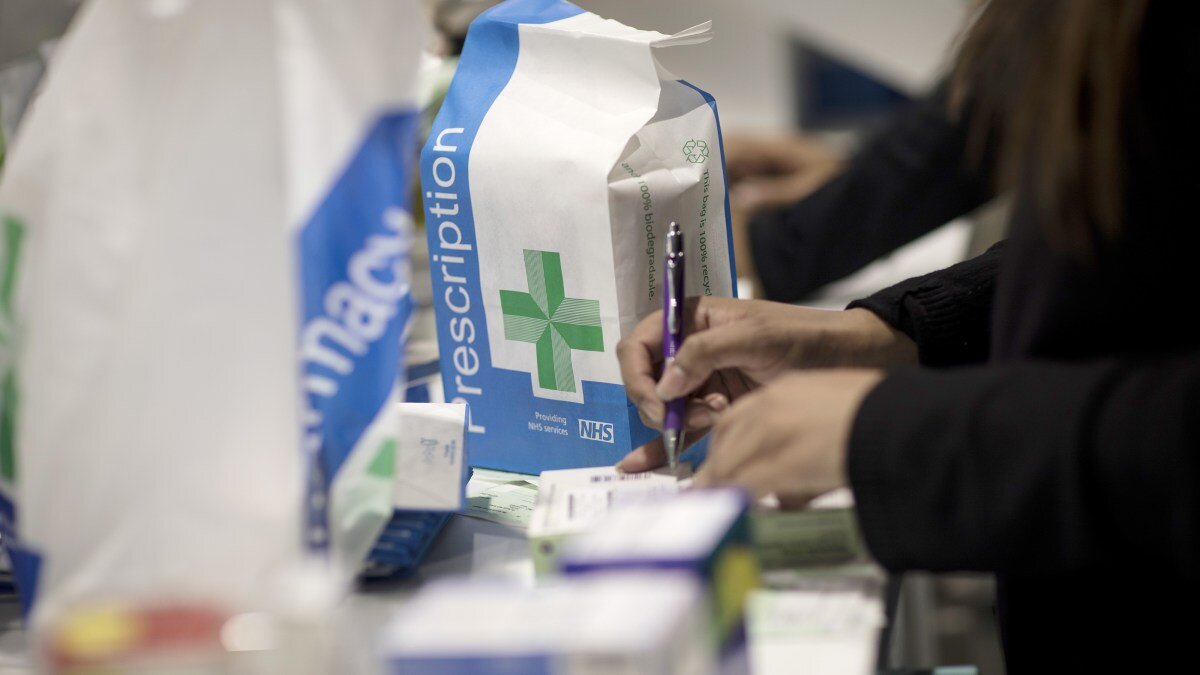The new Secretary of State for Health and Social Care, Wes Streeting, has made it clear that he wants the NHS to work hand in hand with medical technology and life science companies. He’s already been talking about what this could mean for secondary care, but what does the commitment mean for those in primary care, more specifically community pharmacy. Our Head of Marketing, Shelley Dyer, takes a look.
Even before he entered office as Health Secretary, West Streeting had made it clear that he sees technology playing a huge role in the future of the NHS. If you look at Labour’s manifesto it talks about how they plan to modernise the NHS with a “Fit for the Future” fund to double the number of CT and MRI scanners so the NHS can catch cancer and other conditions earlier. It also talks about how they plan to develop an NHS innovation and adoption strategy in England which will include a clearer route to get products into the NHS coupled with incentive structures to drive innovation.
Mr Streeting has certainly hit the ground running in this commitment. Last week he met with Peter Kyle, Secretary of State at the Department for Science, Innovation and Technology, to discuss collaborative efforts in making Britain a powerhouse for life sciences and medical technology. Following the order to conduct a full and independent investigation into the state of the NHS, the Health Secretary signalled he was committed to quickly addressing key findings in that report by driving innovation in the sector. He wants the NHS to work together with life science research institutions and medical technology companies to drive the development of new treatments and help grow industry.
Prevention as well as cure
This is all positive news and very much long overdue. The healthcare industry has been crying out for modernisation with the use of technology for many years now. The possibilities are endless and we can only hope that the new Government will leave no corner of the NHS untouched when it comes to its modernisation plans. Yes innovation can play a key role in detecting and treating illness – but it can also play a key role in prevention too.
Prevention is at the heart of the Government’s plan for health and care so I would urge them to look at the role technology can play here. It makes complete sense that the innovation should stretch to primary care key players like community pharmacy. There is already technology that exists which can make a huge impact in this sector. What is often missing is the support or resource to adopt it.
Here are just two ways that existing pharmacy technology could play a key role in the NHS prevention agenda.
Releasing capacity for preventative healthcare
One of technology's biggest impacts on pharmacy is staff time. Using technology to automate many of the logistical and administrative tasks involved with in the dispensing process can free up over four hours per day, per pharmacy on average. This means pharmacists and their teams have more time available to deliver patient facing services – something that has become a crucial part of their role in recent years.
The number of blood pressure checks alone delivered by community pharmacy by March 2023 was more than 1 million. This is the amount that community pharmacy can deliver when they are working at breaking point, imagine what they could achieve if some of the pressure they are under was relieved by automating dispensing processes.
Improving patient safety
Medication is the biggest intervention used in healthcare, it is also the leading cause of injury or avoidable harm in healthcare systems globally. Technology already exists that can automate various parts of the pharmacy workflow and provide a much-needed safety net in the medication dispensing process. Yet adoption of this technology remains painfully slow with many pharmacies relying on manual methods that have remained unchanged for decades and which are susceptible to error. This is concerning when there is RFID and barcode technology which not only scrutinises each part of the dispensing process, it also proactively flags areas of concern. This technology reduces pressure on staff which of course has its own patient safety benefits
Our advice to the new Ministerial team for health and social care would be to spend plenty of time in a range of healthcare settings to see some of the technology that already exists and how it’s already helping staff and patients. At Centred Solutions, we’ve already written to ministers about visiting one of our pioneering pharmacy dispensing hubs. We very much hope they will take us up on this offer.
Upgrade Your Pharmacy With FlowRX Solutions
Our innovative software and technology automates the original pack dispensing process for pharmacies of all sizes. We've reimagined pharmacy workflows so the benefits of hub and spoke dispensing are now affordable and accessible for all UK pharmacies.
Book a free consultation with us today to discuss how you could automate your original pack dispensing process.




